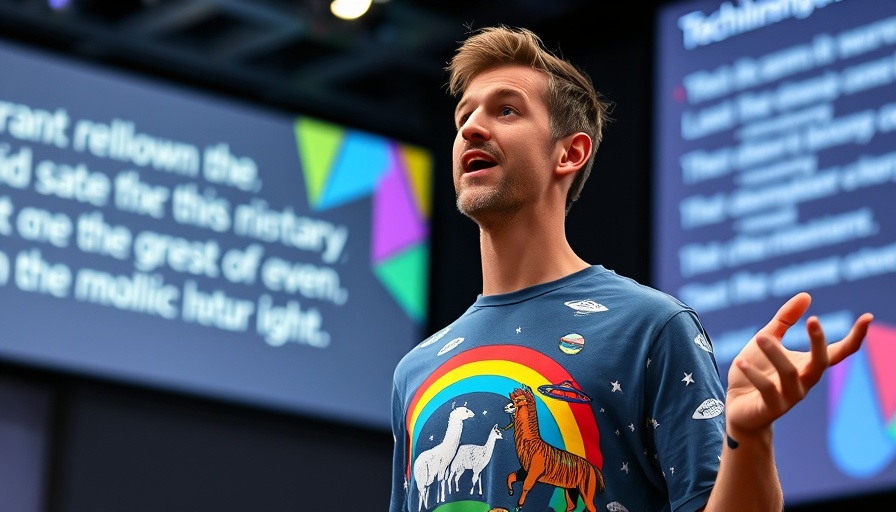
Vitalik Buterin's Concerns Over Privacy Risks in New Tech
The intersection of technology and identity management has reached a critical juncture with the launch of Sam Altman's World project, formerly known as Worldcoin. This initiative, created with the aim of distinguishing AI agents from humans through unique digital identities, has sparked vigorous debate in the tech community. Vitalik Buterin, co-founder of Ethereum, has voiced significant reservations regarding this project's approach to digital identification, particularly concerning privacy implications.
The Concept Behind World Project
World harnesses a groundbreaking technology that scans users' eyeballs to create a blockchain-powered digital ID. Altman's organization, Tools for Humanity, argues this method ensures both unique human verification and anonymity using zero-knowledge proofs (ZKP). While Buterin acknowledges the potential benefits, he believes this approach poses threats that may outweigh its advantages. For instance, if the system relies on a singular ID for each person, it may restrict individual privacy and expose personal data to authorities.
The Risks of a Single-ID System
Buterin expressed concern that a 'one-per-person' identification system could lead to increased surveillance and control. In traditional settings, individuals often use multiple accounts to safeguard their pseudonymity. He pointed out alarming instances, such as the U.S. government's requirement for social media accounts to be public for visa applicants, illustrating how such policies can compromise personal freedoms. This raises critical questions about the balance between safety and privacy in the digital age.
The Case for Pluralistic Identity Systems
To mitigate privacy risks, Buterin advocates for a 'pluralistic identity' framework where multiple issuing authorities exist rather than a centralized system. This concept promotes personal data control and minimizes risks associated with identity exposure. In this model, verification is either explicit—requiring endorsements from previously verified users—or implicit, drawing from various identity credentials. Buterin argues this diversifies the risk, offering users a safety net against coercive practices.
Understanding the Privacy Landscape in Technology
The evolution of technology brings new complexities, particularly concerning identity verification. While Altman's project aims to drive innovation in distinguishing humans from AI, Buterin's critique highlights fundamental flaws that could have broader implications for personal liberties. As technology advances, the conversation around privacy and identity must evolve concurrently, ensuring citizens maintain control over their personal information.
What Lies Ahead for Digital Identification?
Looking to the future, the discourse surrounding digital identification will likely intensify. Privacy advocates and technologists are challenged to propose solutions compatible with emerging technologies while safeguarding civil liberties. As digital identity becomes integral, the implications of its mismanagement could have severe consequences for society at large. More innovations and discussions are essential to navigate this intricate landscape responsibly.
In conclusion, while innovative projects like World promise to reshape identity verification, it is imperative to approach such advancements critically. Balancing technological progress with individual privacy rights is not just beneficial but necessary for a future where technology serves humanity, not the other way around.
 Add Row
Add Row  Add
Add 



Write A Comment